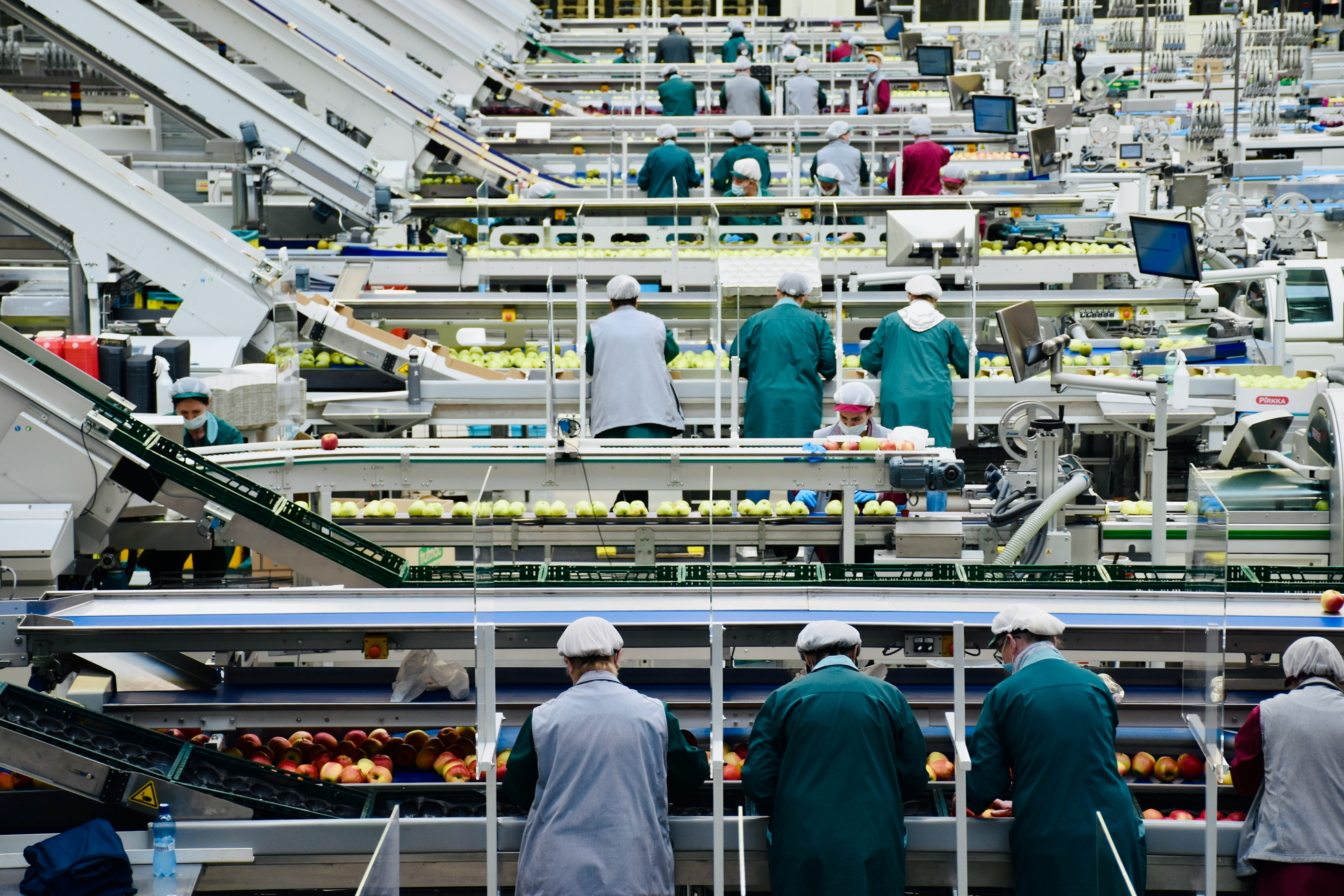In Closing
The world’s food loss and waste problem has remained unchecked for too long. Although there are encouraging signs of progress, at current levels of action the world will not achieve SDG 12.3. And this issue is not a mystery – we know what needs to be done. As the world approaches the 2030 SDG deadline, governments, countries and individuals must consider how to scale up action leading up to 2030 and beyond. Using the Target-Measure-Act framing, there are several key steps that can be taken immediately to jumpstart progress on this issue.

Photo by Arno Senoner/Unsplash
Target
Countries need to recognize SDG 12.3 as their food loss and waste reduction target, and that target needs to be represented throughout national climate strategies and communications and translated into meaningful policies. The Emirates Declaration represents a positive development in this regard, but countries need to incorporate food loss and waste into their NDC and further integrate food loss and waste into national agricultural and climate strategies.
Companies need to also adopt aggressive food loss and waste reduction targets – strong goals lead to prioritization within a company. If a company has already adopted a target, it can strengthen that target by considering the potential impact they can have both upstream at the farm level and downstream at the consumer level – both of which have been under-considered in terms of their contributions to food loss and waste.
Measure
Governments need to report national food loss and waste figures and track progress over time and identify hotspots (such as key commodities and sectors) if they have not already done so. Although an analysis of food loss and waste throughout the entire food supply chain can be challenging, countries should be focused on identifying these key hotspots to focus immediate attention on while continuing to gather additional data.
Companies need to report food loss and waste publicly, and governments need to create the enabling environment for this to happen (including considering mandatory reporting of food loss and waste figures by businesses). Companies and governments also need to incorporate food loss and waste impacts into their greenhouse gas reporting.
Act
Governments and companies need to address their hotspots, as identified by measurement. In some countries, hotspots will be a priority crop or commodity. In others, actions might be focused on the consumer side of the supply chain. Climate and food security need to be priority considerations in what hotspots are addressed.
Both governments and companies need to turn their attention to the farm level, which remains an understudied and under-addressed area of the food loss and waste puzzle. Small scale farmers have their livelihoods disproportionately impacted by losses, and yet have not been prioritized in food loss and waste activities. Governments need to address the farm level in their food loss and waste planning, and businesses need to extend food loss reduction activities to the farm level.
Governments and companies also need to address consumer food waste and go beyond public information campaigns. Public information campaigns are a good start for raising awareness on consumer food waste, but can only go so far to lead to changes in the way consumers purchase, consume, and ultimately waste food. While the complex nature of this issue makes it a difficult problem to fix, a wide range of behavior change solutions are available to prevent and reduce food waste at home. Governments and companies should identify more consistent methods for measuring household food waste, fund behavioral change research in household settings, and replicate trials of behavioral science interventions across contexts to determine which are most effective.
Financing organizations and philanthropists need to contribute to the $300 million+ in investments that are ready today to reduce food loss and waste. The global philanthropy roadmap for food loss and waste identifies these investment-ready projects, and philanthropists need to follow suit and invest in these transformational opportunities. Taking action now will show immediate benefits.
These steps are merely a start to addressing our global food loss and waste plight, but will help to move progress in the right direction. There is no more time to delay in acting on food loss and waste – for people or for the planet.
